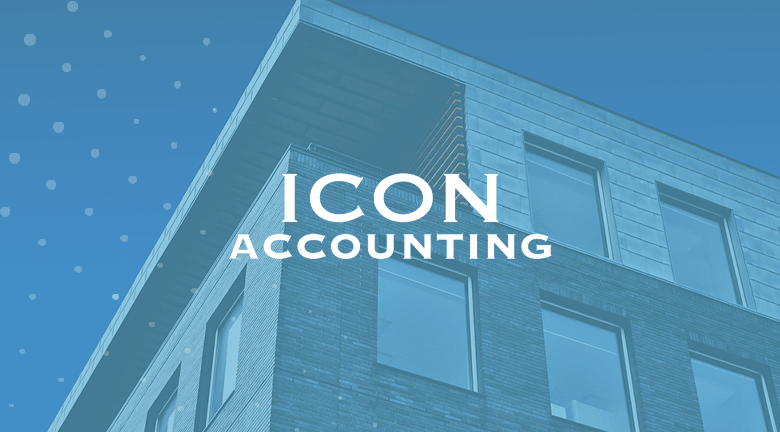
In summary short term letting of accommodation is treated as a trading activity whereas long term letting is treated as Rental investment Income. With Revenue issuing this guidance we expect a Revenue campaign against short term letters. If you are renting out on Airbnb you might expect a letter through your door this year.
Income arising from the provision of short-term accommodation:
Tenant or Guest?
A tenant is generally considered to be a person who is entitled to exclusive possession of the premises for a defined period in exchange for the payment of rent under what is generally known as a landlord and tenant arrangement. Income from this arrangement is subject to Income Tax under the normal rental income tax rules.
A person who occupies a property as a guest however does not, in general, enjoy exclusive possession of the property and the owner continues to have the right to access the property. This is generally provided through short-term accommodation and DOES NOT fall under the normal rental income tax rules.
In this article we will be focusing on the latter.
Charge to Income Tax
Income generated from the provision of short term accommodation is subject to Income Tax either under Schedule D Case I or Case IV. In non-tax terms this simply means trading income or other income. The main sources of short term accommodation are:
- Hotels
- Guesthouse
- B&B
- Hostels
- Holiday Home usage
- Airbnb
There are different tax implications with regards to available deductions, reliefs etc. on determination of whether the income is trading or other. We will discuss this further below.
Trading Income
If you are frequently providing short term accommodation on a commercial basis with a view to the realisation of profits, in general, you will be considered as carrying on a trade. The accommodation would be expected to be available for rent on a frequent and regular basis, rather than on a once-off or occasional basis. In most cases, there will not be a doubt as to whether a trade is being carried out or not.
Other Income
This includes income from the provision of accommodation on a once-off, casual or occasional basis. Generally, if the income stream does not fall under rental income or trading income, it will fall under this section.
| Trading Income (Case I) | Other Income (Case IV) | |
| Capital Allowances | Capital expenditure incurred on plant and machinery (fixtures and fittings) in use for the purposes of the trade can be written off at 12.5% per annum over 8 years. | Capital allowances are not available. |
| Deductible Expenses | When arriving at the profits assessable to tax, a deduction will be available for expenses which have been wholly and exclusively incurred for the purposes of the trade. | Although there is no specific provision under tax legislation for the deduction of expenses, it is long standing Revenue practice to allow a deduction for incidental costs directly associated with the provision of short-term accommodation. |
| Pre-trading Expenditure | Pre-trading expenditure incurred up to 3 years prior to the date of commencement of a trade is deductible where the expenditure would be deductible if it had been incurred after the trade commenced. | There is no provision for allowing deductions in respect of expenditure incurred in advance of a property/room being made available for guest accommodation. |
Capital Gains Tax (CGT)
CGT implications where income is considered “Trading Income”
On disposal of a property that was wholly or partly used for the purposes of a trade, the portion of the gain attributable to the trade does qualify for CGT principal private residence relief.
CGT implications where income is considered “Other Income”
As is the case of trading income, the exemption does not extend to a part of a dwelling-house which is exclusively let so that the income is assessable as other income.
Value Added Tax (VAT)
VAT will only apply to individuals carrying on a trade where the income exceeds or is likely to exceed €37,500 per annum. The VAT rate applicable to short-term accommodation is 13.5%.
Should you have any questions or require more information on any of the above, please contact us and we will be happy to advise.
Got a Question?
Let us help
-
Icon Accounting, Columba House, Airside,
Swords, Co. Dublin, Ireland, K67 R2Y9